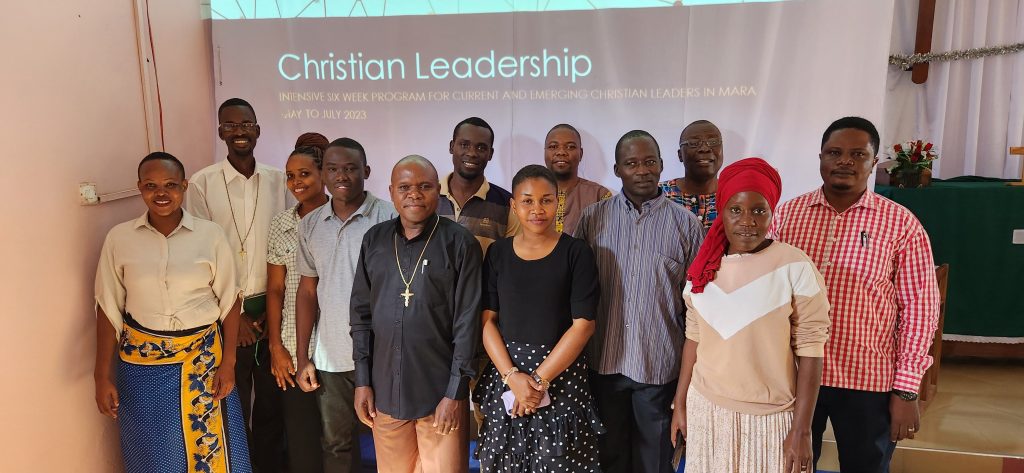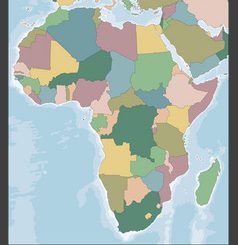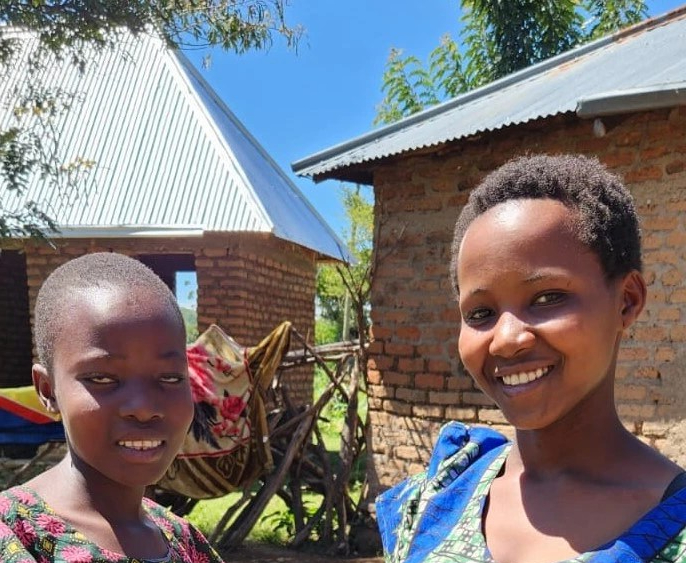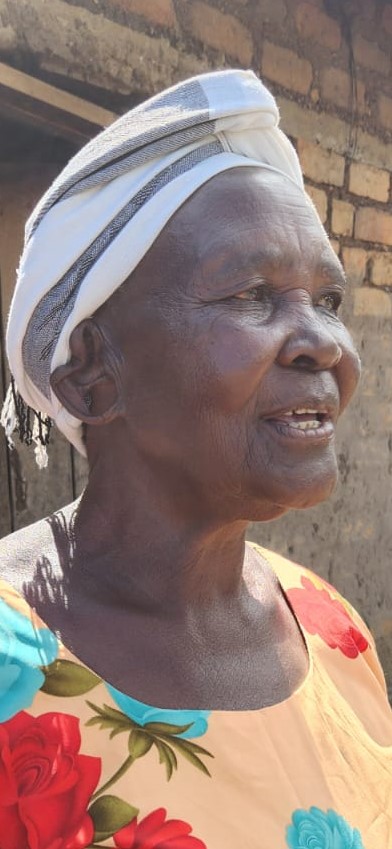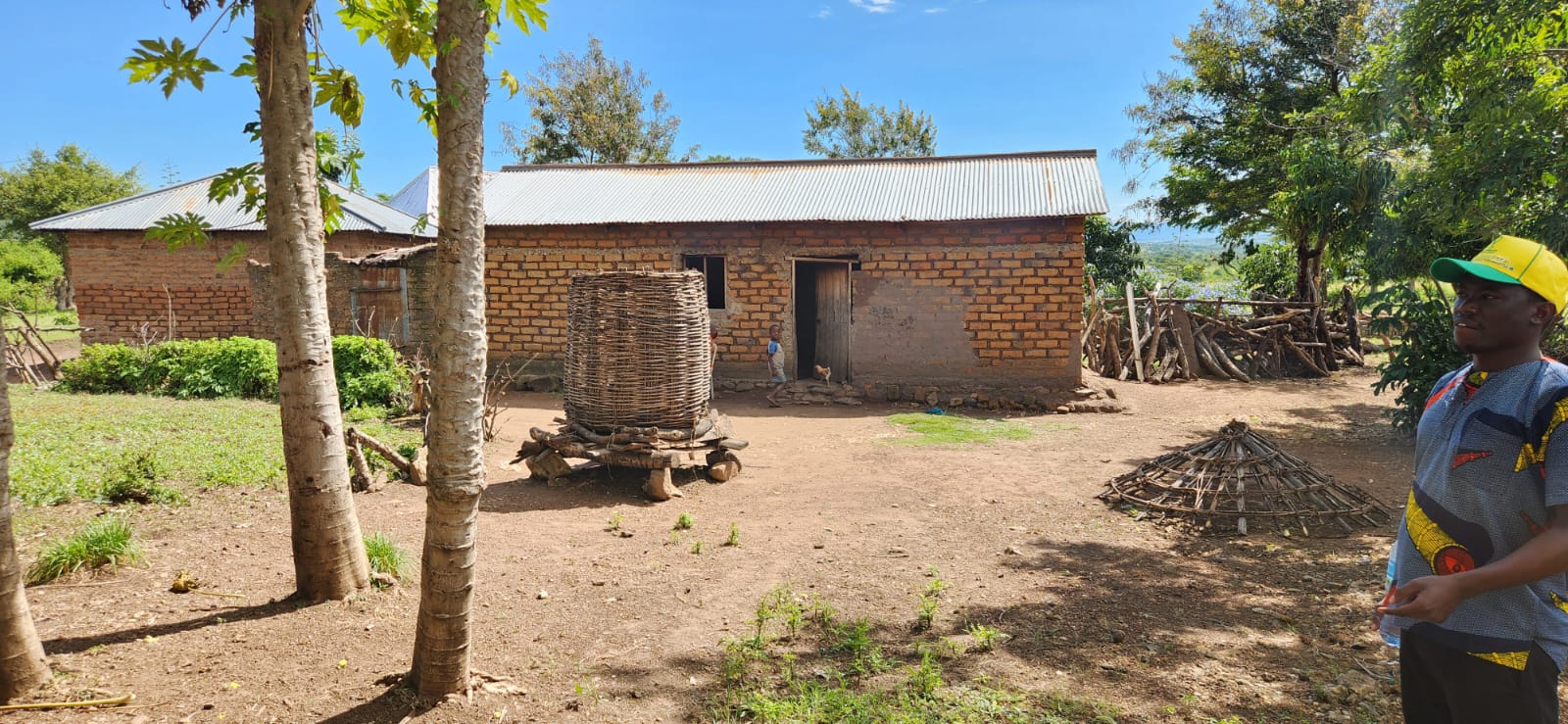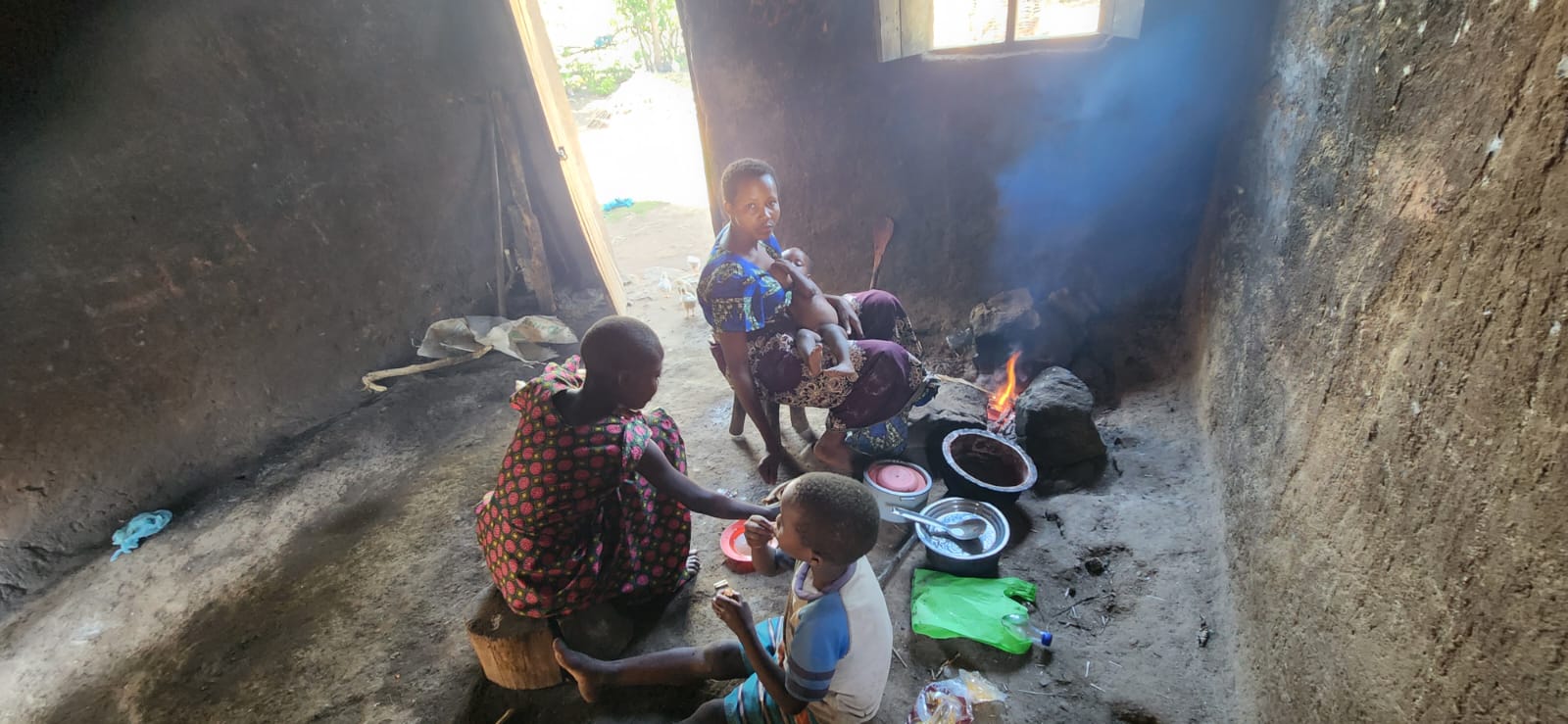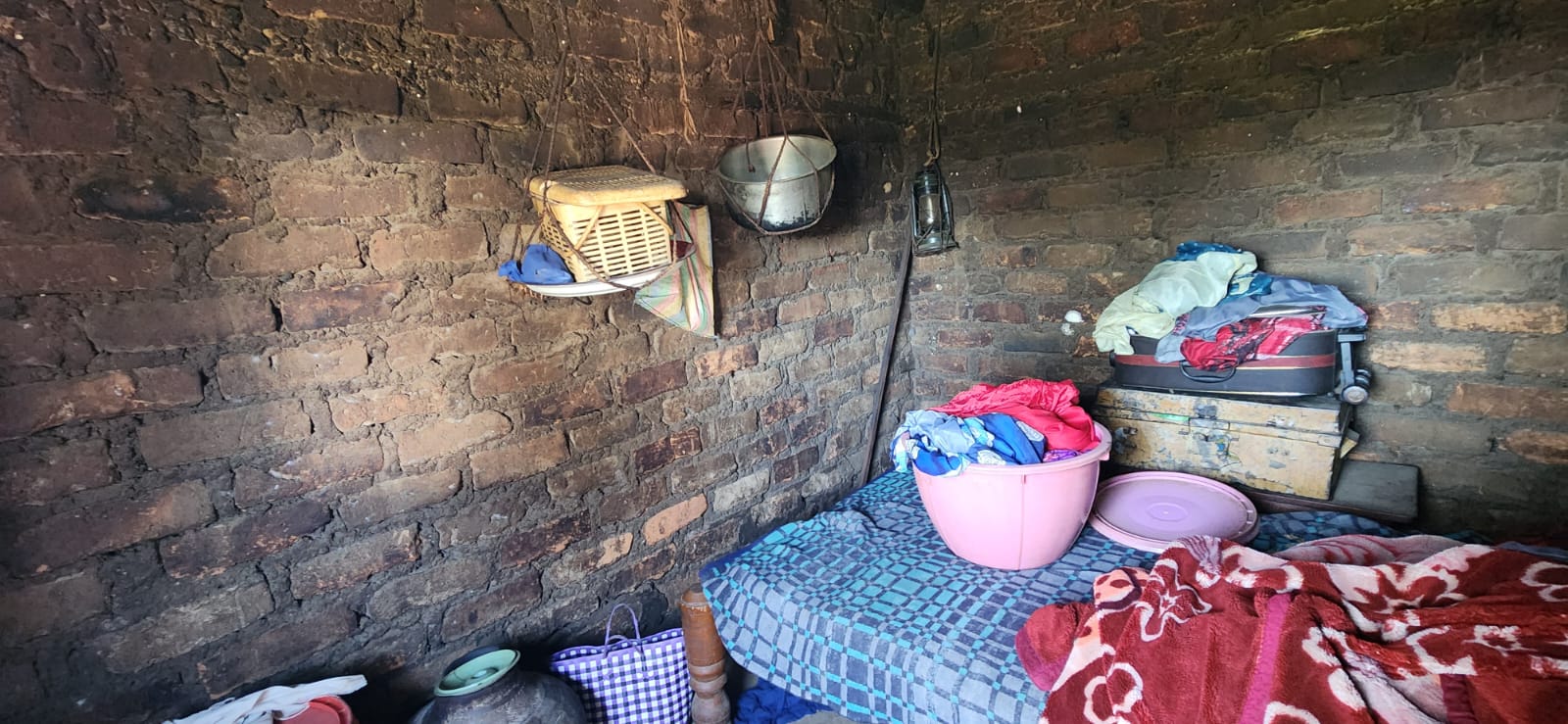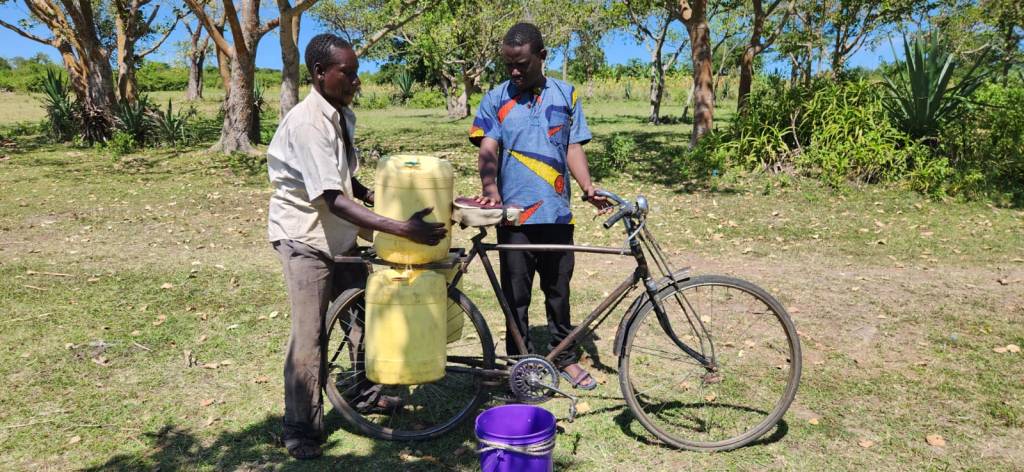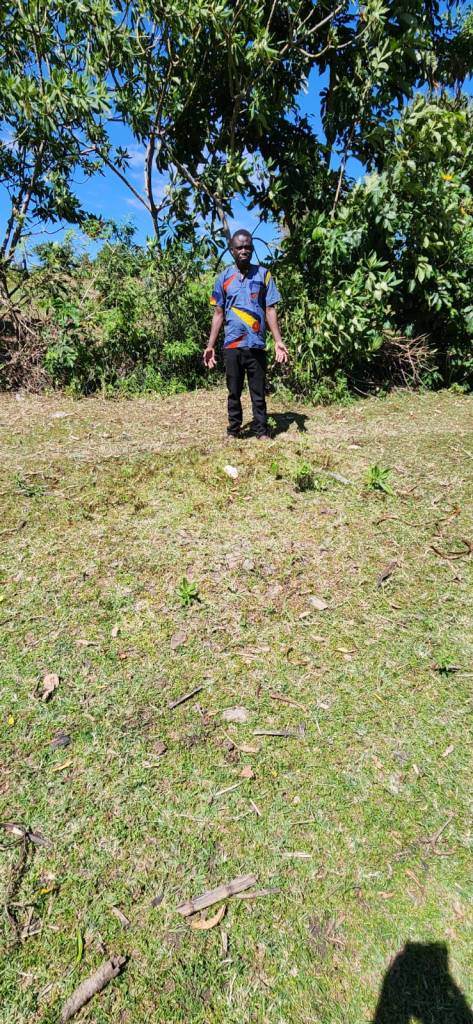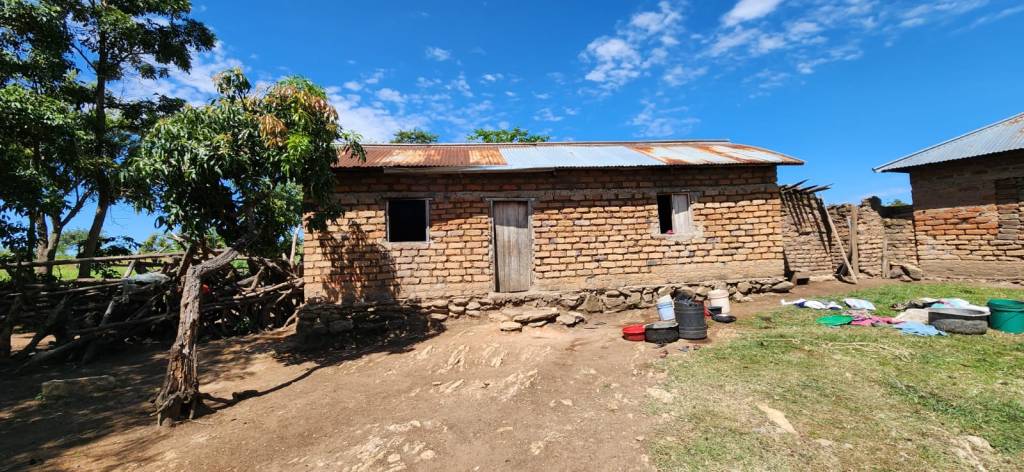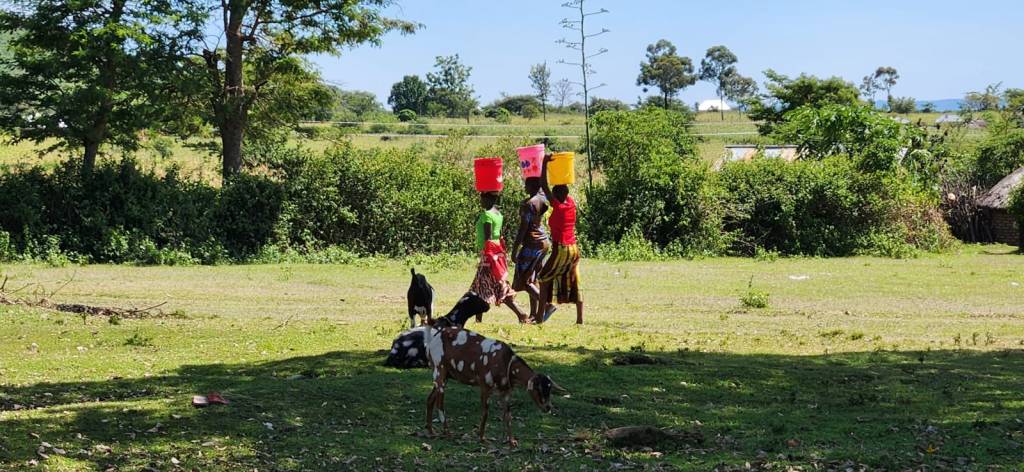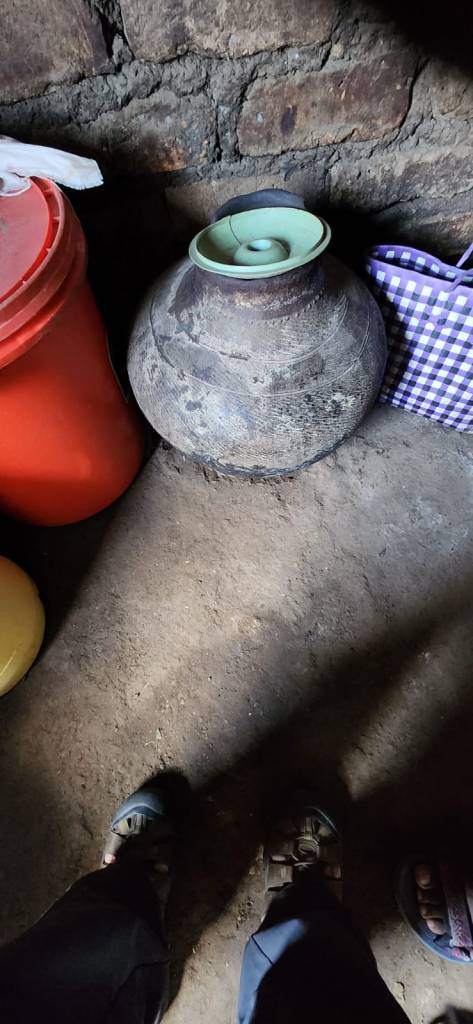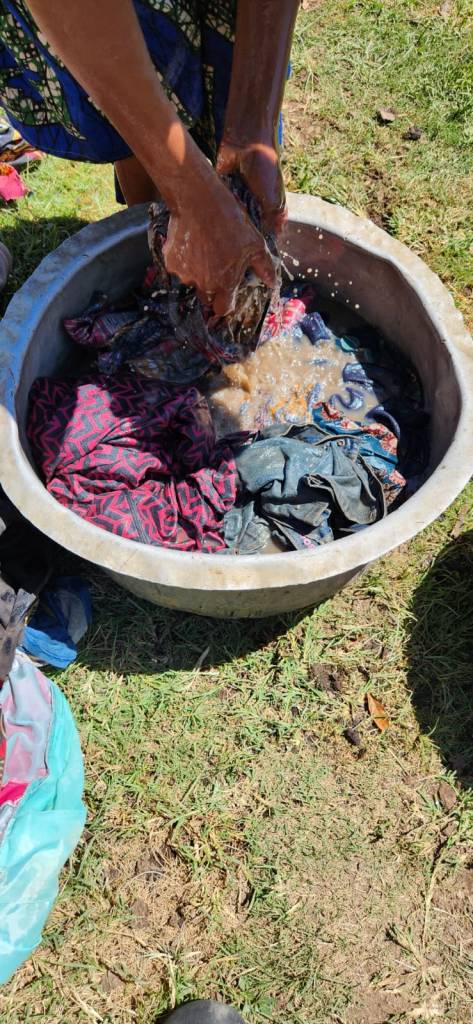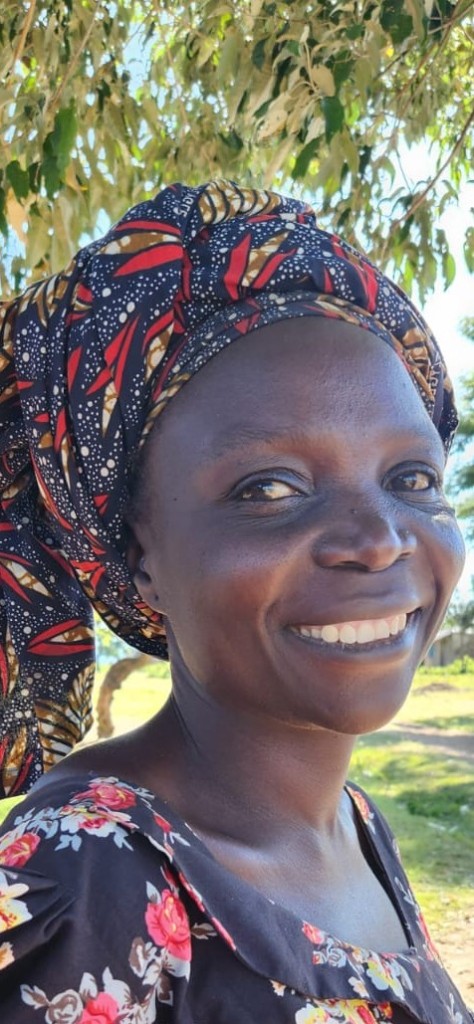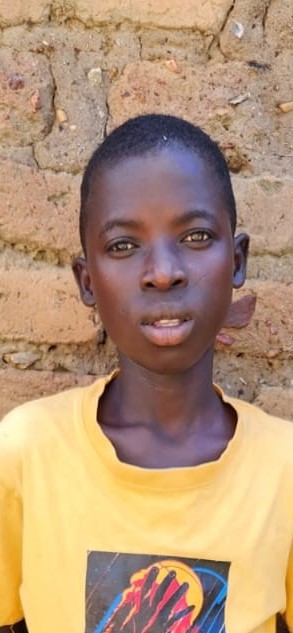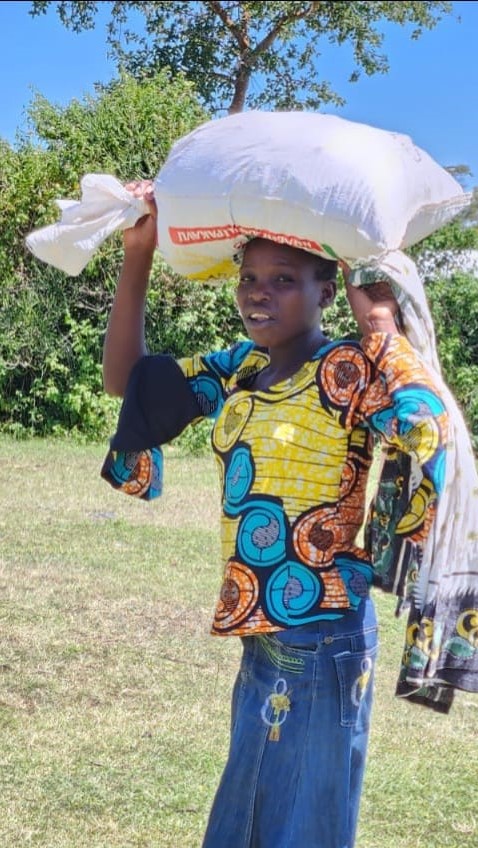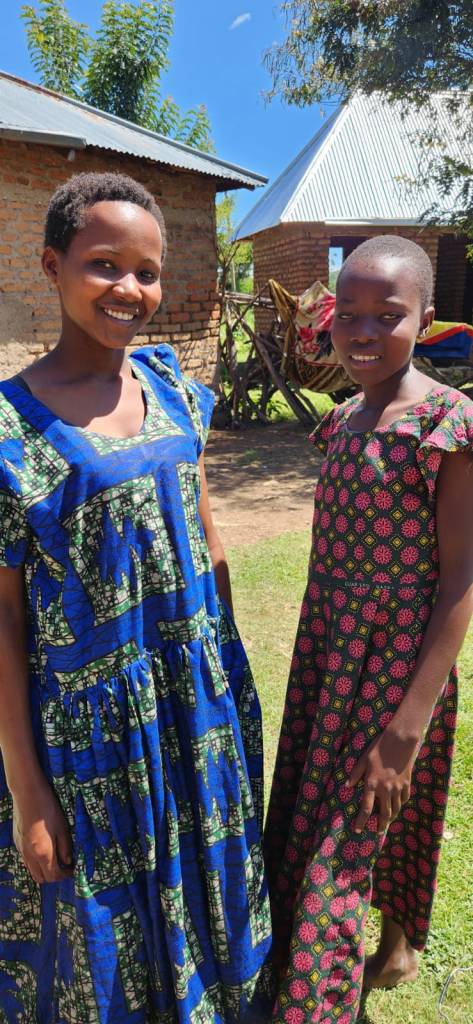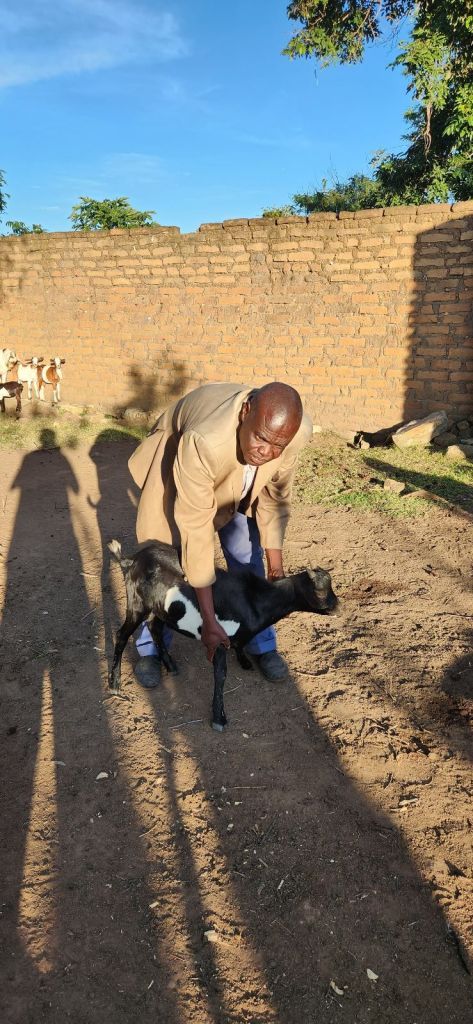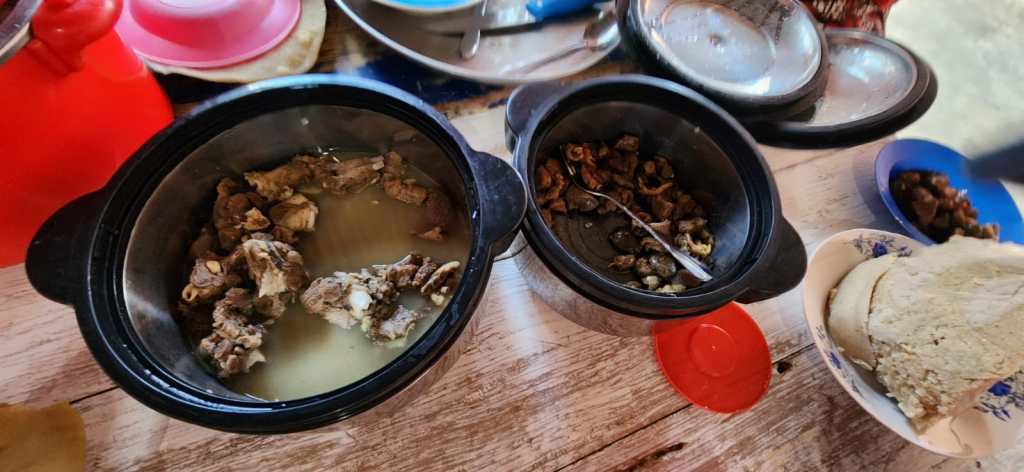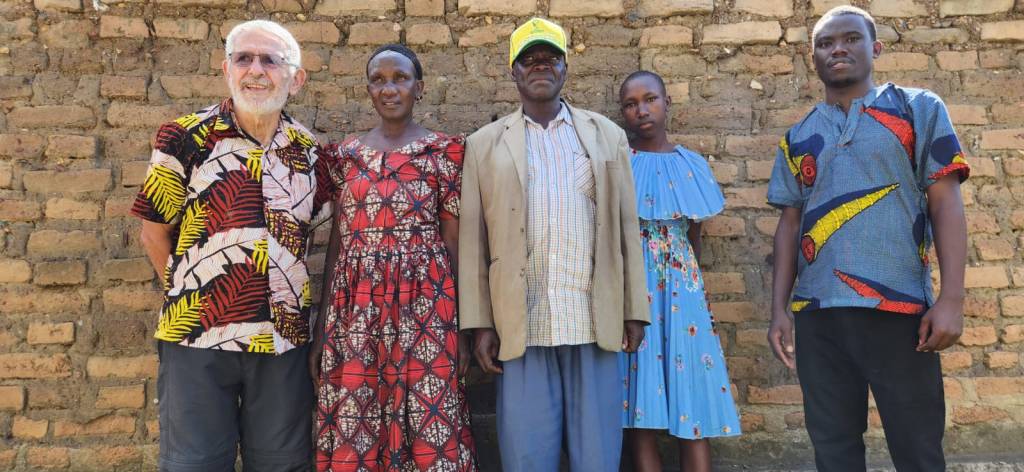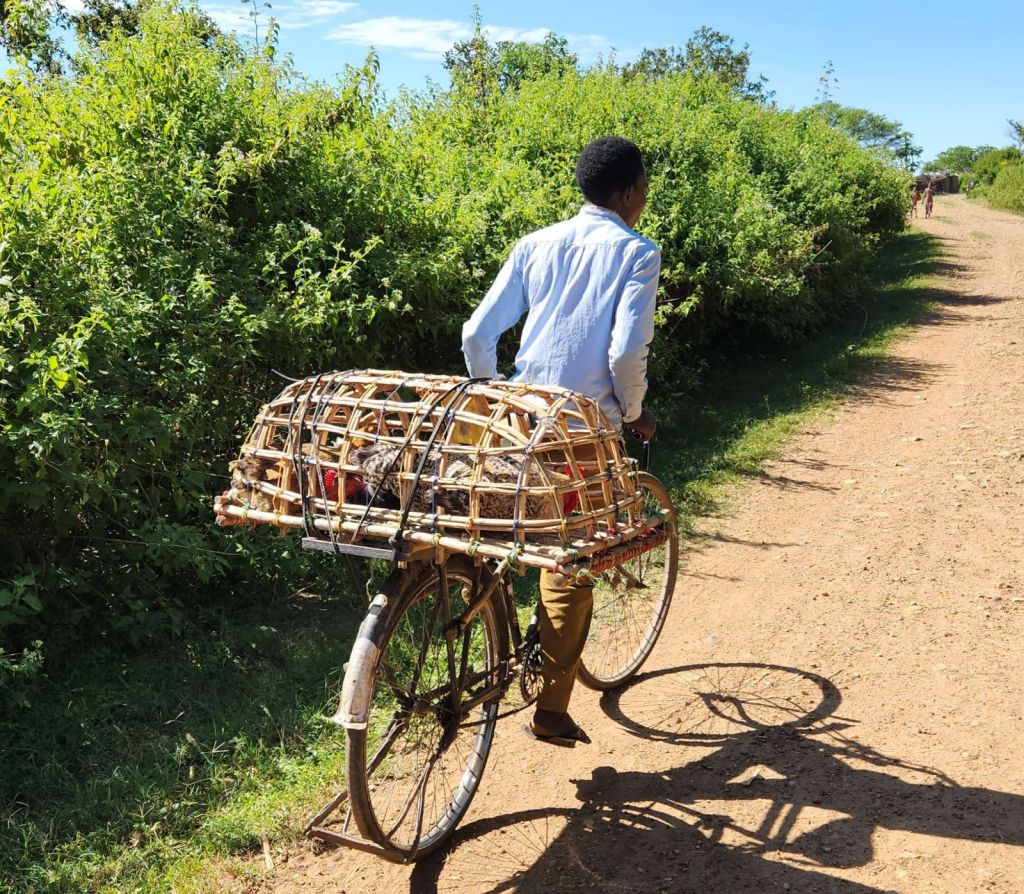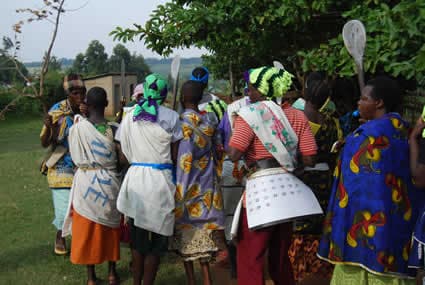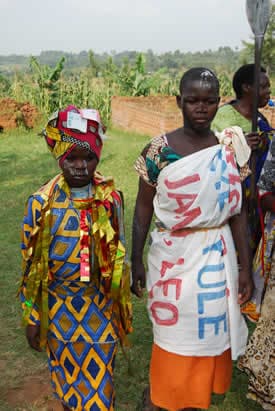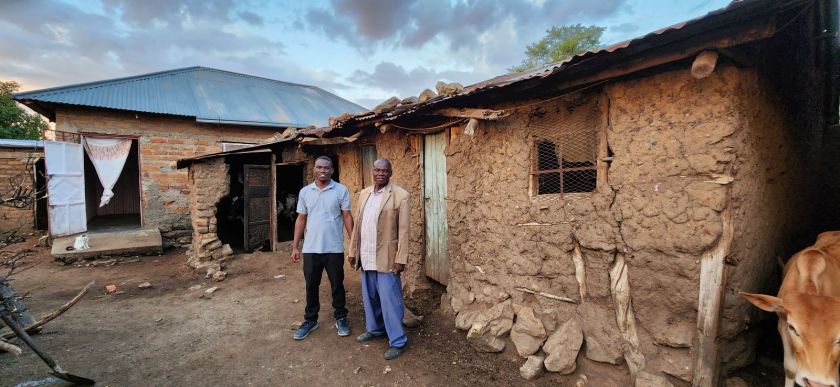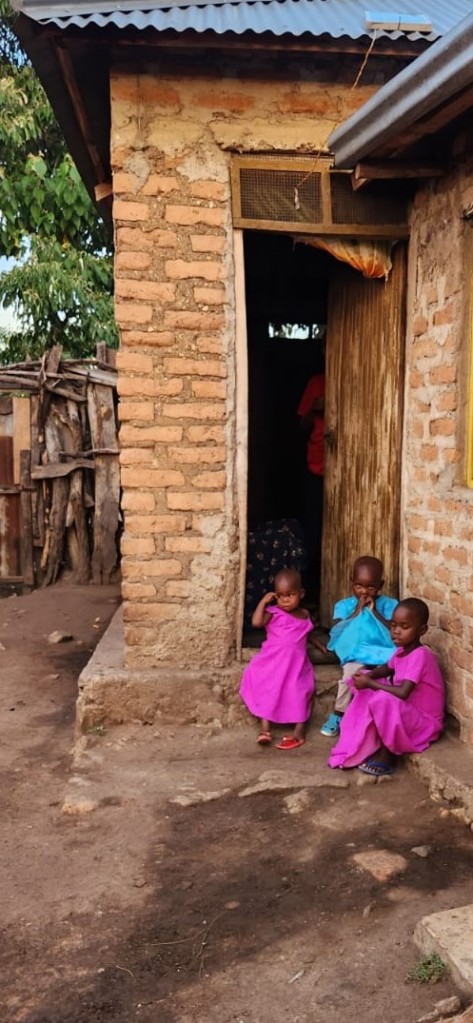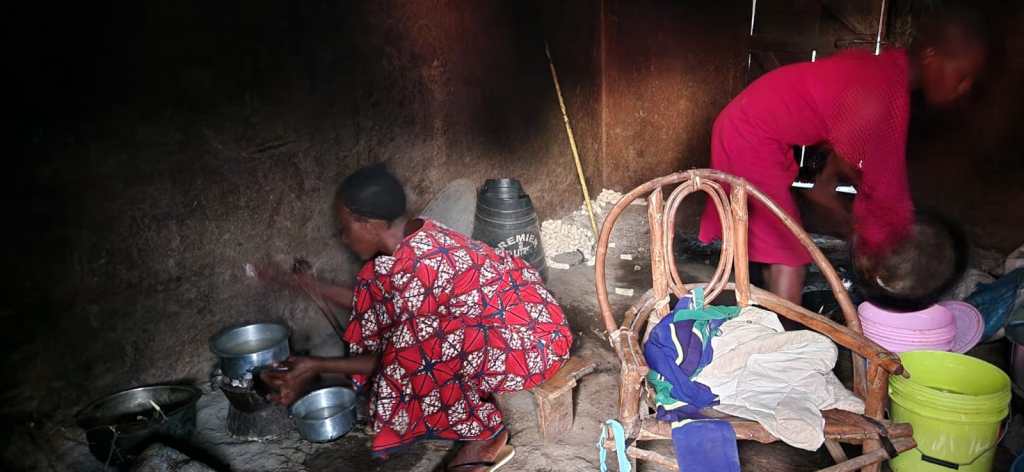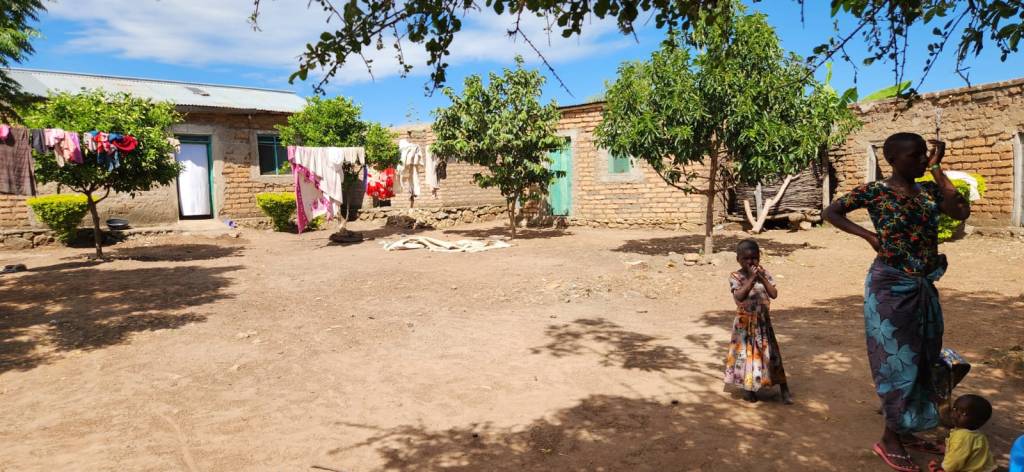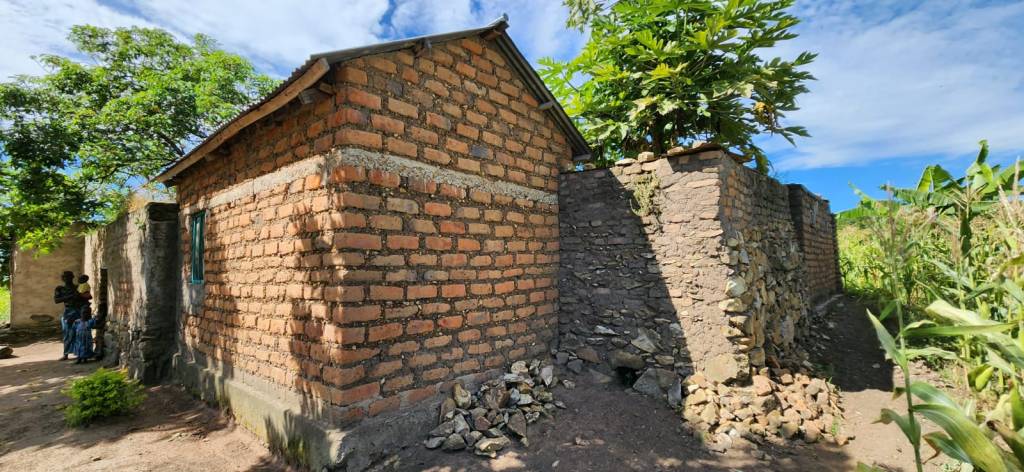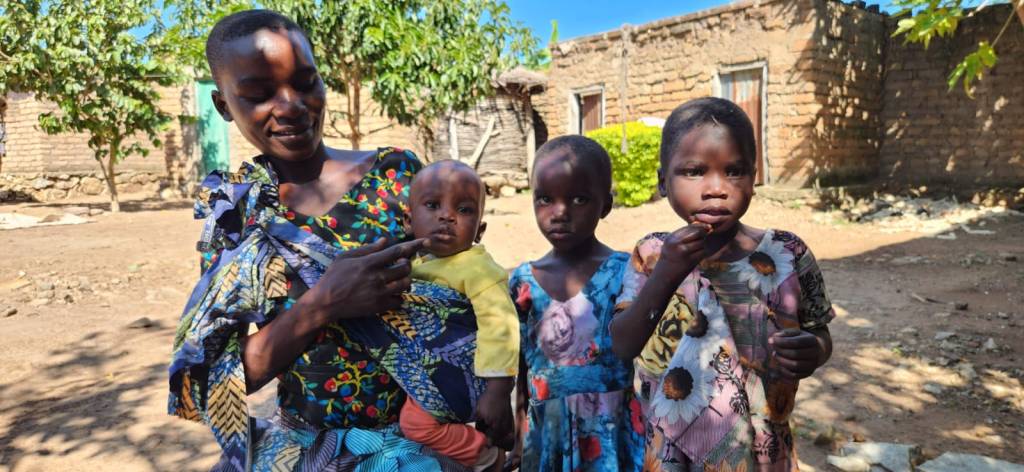Personal Reflections
I have just completed the third session of the leadership program I started back in early May. The numbers have come down to what I realistically expected they may be when I had suggested it back in April. We had 13 at session three but it did not impact the discussion or interaction and may have actually enhanced learning outcomes.
Session three was about Organisational Leadership, which I explained to them is a huge topic and one we could only scratch the surface of. A smaller group meant some good role plays and exercises to get my point across. Comparing the organisation to a human body was well understood as we discussed systems and how each of them worked in a system and in smaller systems within the larger diocesan system which employs them all. 1 Cor 12:12ff was the text used to help them understand the concept and a few role plays were easy for them to get the idea.
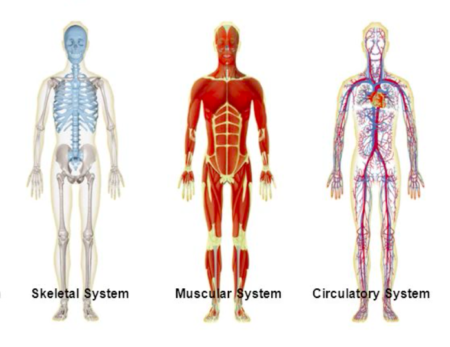
This all led to how organisational management develops culture and their focus as leaders was to develop a good culture in their workplaces. However we discussed how this is different from the culture previously discussed between African/Asian societies and western culture – collectivist versus individualistic ways of operating.
I advised them that there would be matters discussed that may be out of sequence as it was impossible for this topic to flow and that systems, human resources, communications, finances and change while all separate topics may overlap with this big topic.
Feedback to some of the questions was excellent and I was even interrupted a few times as people wanted to speak and make suggestions (this is a big thing so they are obviously comfortable).
What did surprise me was the readiness for change. People understand they have no strong direction because the diocese has never had a strategic plan. Most had been involved in consultations last year about the strategic plan and I did assure them that the training they are voluntarily attending will help them in the implementation of the strategic plan as each of the heads will be required to develop plans for their own units.
Guilt/Innocence and Honour and Shame
The practical implications of the different worlviews has impacted some of the other things I am doing. Having a greater awareness of honour and shame in this culture has impacted my sermon series on Ruth. The biblical narratives are set in similar cultures so when reading Ruth, looking at the story through that culture changes lots. Boaz honoured Ruth by redeeming her through the purchase of Elimeleck’s land. While we may miss that in our western cultural lens clearly there are other things to understand from a different cultural framework.
From the first session which discussed this at length I have now had a month to process much of what was discussed. Nepotism in our culture (Guilt/Innocence) is always seen as wrong. We are individuals and believe that individuals should all be treated equally. In a collectivist (Honour/Shame) culture favouring people according to the place of honour is a given and it would be shameful to disrespect someone by not honouring them.
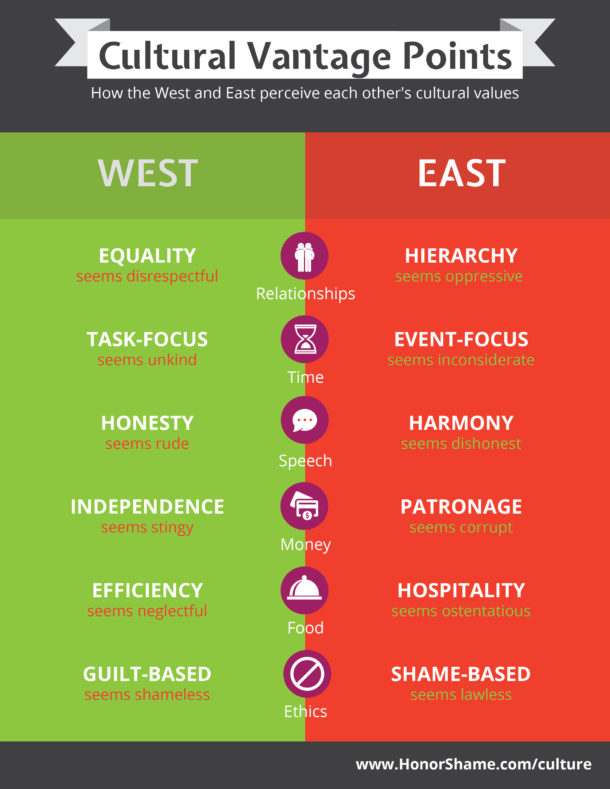
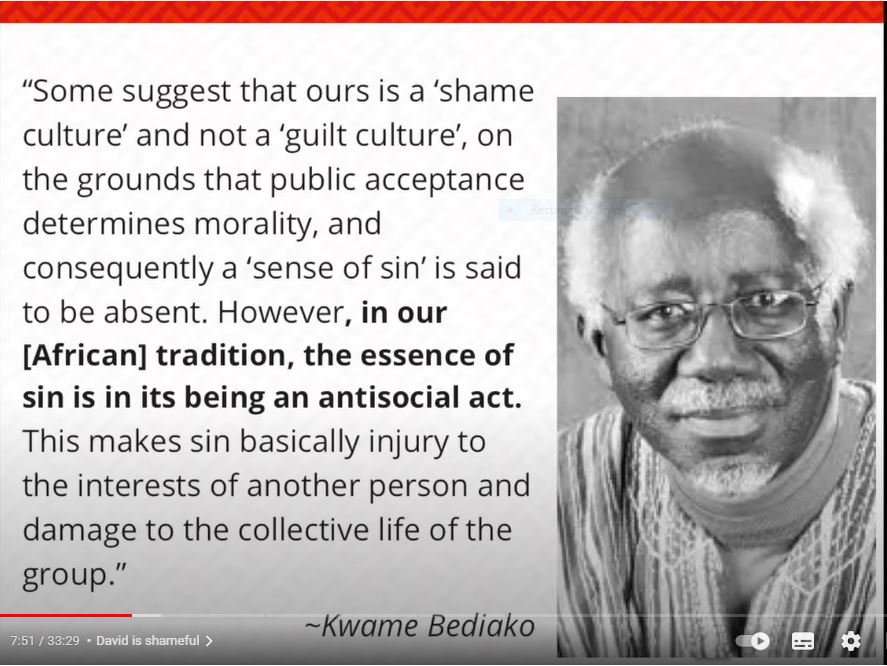
Honour has to do with age, position in a family (grandparents, firstborn gender), position in society/church/employment, gender, wealth (land, herds), power and types of honour (good v bad honour) https://honorshame.com/kinds-of-honor/
Some of the discussions we have had have highlighted to me how people in the course with different types of power or status responded to what were for them difficult questions in a group setting. Questions such as you are employing someone and a relative who is qualified has applied and there are five other candidates, some with better qualifications. Who would you choose. Reflecting now, I put individuals in a group setting in great difficulty because on the one hand they knew what the answer I expected was but eventually culture won out but I could see the discomfort they were in. Had I asked them that privately, I would have received the answer I was expecting but in a group setting it would have been shameful to have said the relative would not be preferred. It is just the way things are.
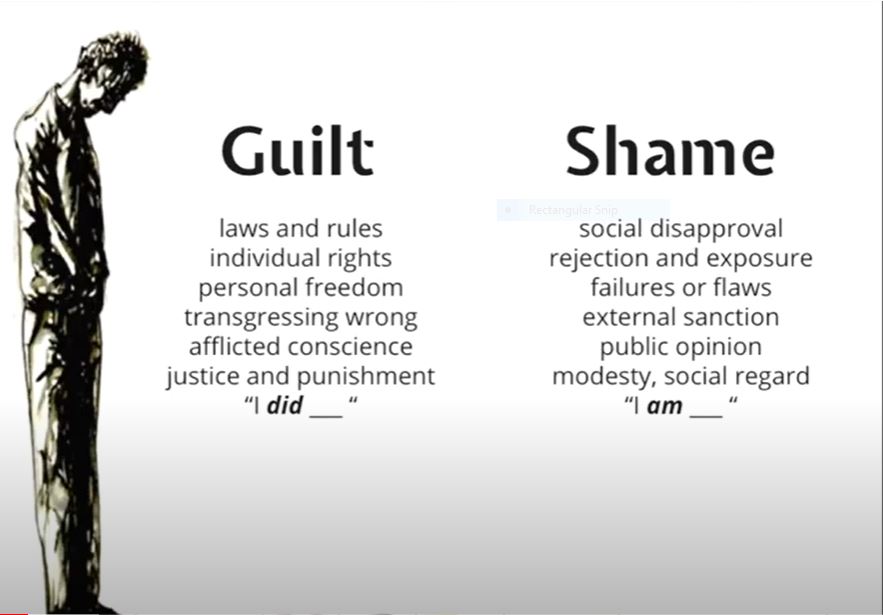
Do we westerners with individualist values have a right to trample culture, even say if it is development aid money that says you act according to our values? It is a big question.
Recently I was at an event for 500 women across the three Anglican Dioceses in this region. There was an opening church service which went for two and a half hours and was great because of the singing. At the end it was speeches of welcome. It took an hour as I sat there understanding that as each person was asked to stand (the three Mothers’ Union groups 100,100 and 300 were stood as groups) I could see how they moved up the honour scale. The office bearers of each MU group from Tarime, Mara and Rorya, significant others who were visiting who were employees or office bearers, through to clergy, choirs, myself, the wives of bishops who were all asked to speak as was I and then each bishop. Each bishop and wife were then brought to the front and given a gift followed by me and a few others. So in the honour scale I was behind the bishops. It is the first time I have understood a number of things like why the bishop insists I sit in the front of the car when we travel together and he takes the back seat.
I also discussed failed leadership. While people may bring dishonour to themsleves or their organisation again it seems like it is not discussed but everyone knows. So a recent employee who was terminated was used as an example of bringing dishonour to the agency they led. Checking in with some of the senior staff wondering if that was going overboard I was encouraged to be open as the culture tends to hide bad behaviour.
So this course I am facilitating on leadership has impacted me as much as I think it has impacted the participants.
A lot of time is spent giving honour in formal settings. The above example took just under an hour and looks inefficient from our western individualist culture but is the done thing here. It also explains all the gifts I received in my early years here when visiting on behalf of Anglican Aid.
We nowhere finished the big agenda and continued the following week. We touched briefly on delegation at session four and had some excellent role plays.
Two sessions to go and I have an accountant doing some basics this coming weekend.
